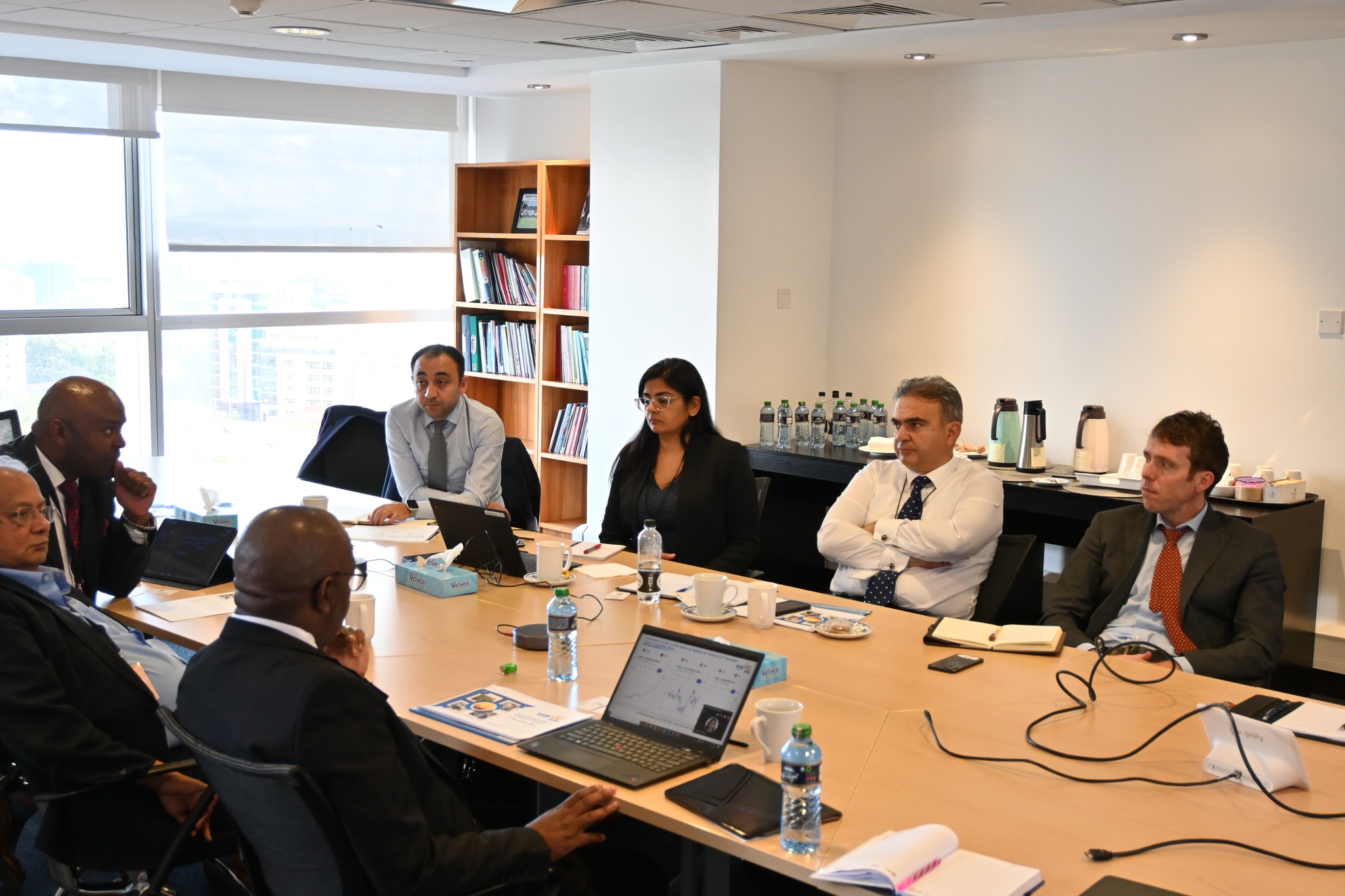Kenya’s powerful manufacturing lobby has launched a scathing attack on the government’s proposed tax measures for the coming fiscal year, arguing the changes could undermine the country’s industrialization ambitions, erode competitiveness, fuel inflation and increase costs for consumers already grappling with a high cost of living.
The Kenya Association of Manufacturers (KAM), whose members account for over a third of the country’s industrial workforce, has urged lawmakers to carefully consider the far-reaching implications before adopting the Finance Bill 2024.
In a statement, KAM Chief Executive Anthony Mwangi warned the bill contained “several retrograde proposals” that could hinder Nairobi’s vision of increasing manufacturing’s contribution to GDP from 7.8% currently to 20% by 2030 – a key pillar of the government’s economic transformation agenda.
Top of the list of contentious measures is the proposed reintroduction of an Export Investment Promotion Levy (EIPL) on a range of industrial raw materials and inputs used for value addition such as kraft paper, steel billets, cement clinkers and packaging materials.
“This levy shall be detrimental to the competitiveness of local industries in both local and export markets through the increased cost of production,” Mwangi stated, claiming a similar levy imposed in 2023 has already led to “unparalleled negative unintended consequences” including a staggering 40% spike in construction costs.
He cited how policy missteps like this have seen Kenya, previously the region’s largest exporter of paper and steel products to the East African Community (EAC) bloc, now having to import these goods as its manufacturers have been rendered uncompetitive.
Another proposal drawing fierce criticism is the introduction of an eco-levy on selected locally manufactured or imported goods including plastic packaging, batteries and hygiene products ostensibly to promote environmental conservation.
But Mwangi insisted the new tax would “not only duplicate the existing levy mandated under Extended Producer Responsibility Schemes, but it will also further reverse Kenya’s initiatives to create a circular economy and become a regional recycling hub.”
He provided a hypothetical example of how the eco-levy could increase the cost of packaging plastic bottles and containers by up to 100%, which when combined with other new taxes could see the price of a bar of soap jump from KES 170 to around KES 270.
Other measures flagged include an increase in import declaration fees from 2.5% to 3%, the removal of provisions allowing manufacturers to offset excise duties on raw materials, and a 25% excise duty on vegetable oils which KAM estimates could drive up cooking oil prices by up to 80%.
Mwangi argued that by making Kenyan products more expensive relative to imports from other EAC nations and the wider COMESA trade bloc, the tax measures risk undermining the country’s regional and global competitiveness at a time it is trying to boost exports under the new African Continental Free Trade Area.
“With Mwananchi (ordinary citizens) still recovering from the adverse impact of the fiscal changes imposed in 2023, we strongly believe that the focus as a country must be on supporting the manufacturing industry to reduce the cost of locally produced products and services, to drive job and wealth creation,” he urged.
The hard-line stance sets the stage for an intense lobbying battle and showdown with the government, which is under pressure to raise revenues to fund its budget and ease debt servicing costs.


















